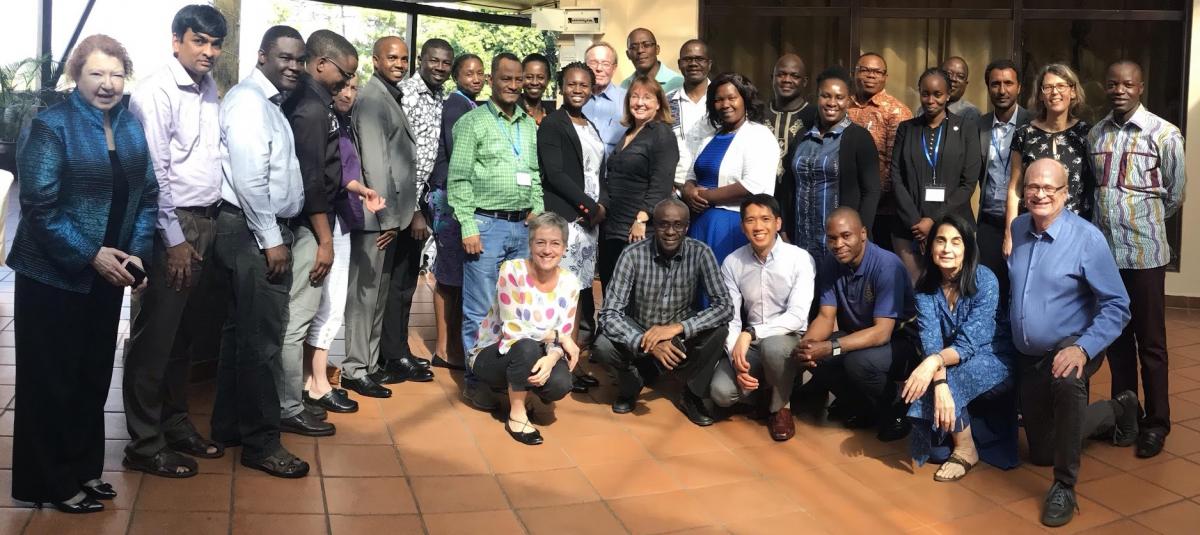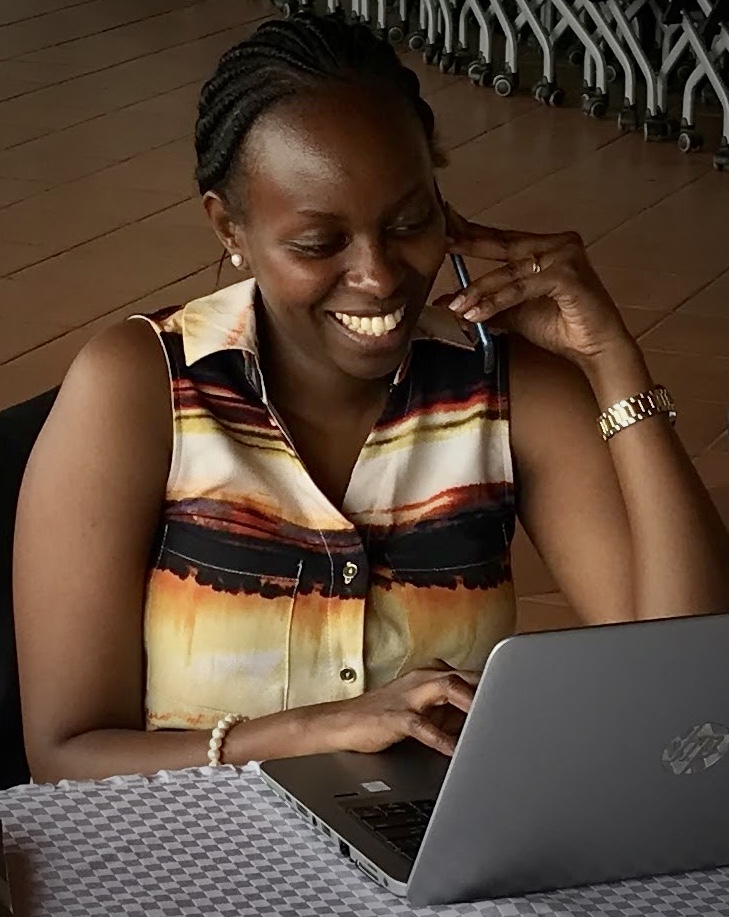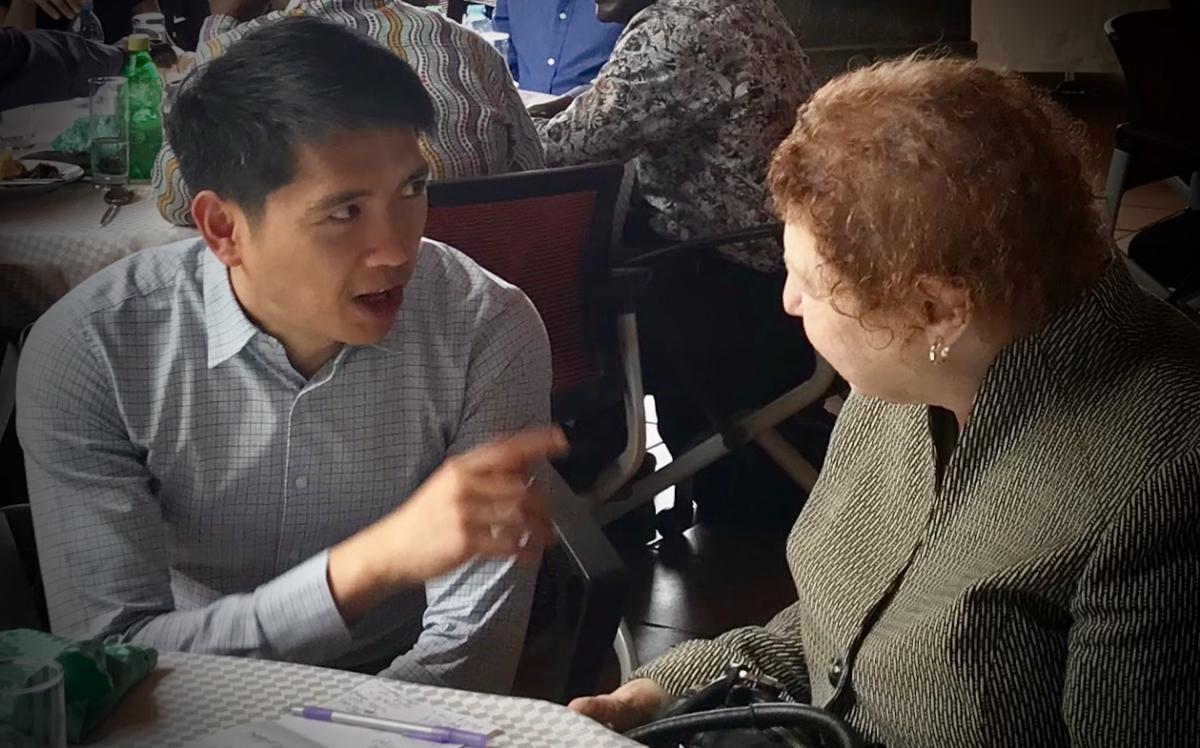Urban Family Planning Fellowships: Round 2 fellowship candidates workshopEntebbe, Uganda, 15-17 November 2019
The second cohort of candidates for the Fellowship on Family Planning, Fertility and Urban Development funded with a grant from the Bill and Melinda Gates Foundation met in Entebbe, Uganda to present their research proposals to a panel of 13 experts. The final selection of fellows will take place in early January 2020 based on the candidates’ final proposal submissions due on 31 December.

Fifteen finalists were selected from a total of 91 initial applicants to present their research proposals in Entebbe. This year’s selection process began with a short concept note. IUSSP received 91 concept notes in April, from which the panel selected 30 candidates from Sub-Saharan Africa and South Asia to submit full proposals by July. Of the 30 candidates, fifteen submitted proposals that the review committee deemed to be both relevant and feasible for the fellowship project. These 15 candidates, all from countries in Sub-Saharan Africa, were invited to revise their research proposals by October 31 and then to present them at the workshop in Entebbe in front of the review panel and fellow candidates.
During the workshop the candidates received individual feedback from reviewers on how to improve their proposals for the final submission. A plenary session was devoted to policy engagement and communications tools, and the two staff members from the African Population Health Research Center (APHRC) who made those presentations, Gaye Agesa and Lynette Kamau, also offered individual feedback to every finalist candidate.

It was an intensive 3 days for both the candidates and the reviewers; the Scientific Panel met each afternoon to consider both the candidates and the future of the entire Urban FP project. After the workshop, all the candidates were invited to remain for the 8th African Population Conference, which was taking place in Entebbe 18-22 November. Many of the candidates were participating in sessions as presenters or organizers and also found time to attend sessions organized by the IUSSP Panel on Family Planning, Fertility Urban Health and the IUSSP CRVS Panel.
We wish all the candidates well with the final draft of their proposals due 31 December. We hope all the candidates, whether they go on to become fellows or not, benefited from the professional feedback on their work that they received from panel members and reviewers.
Many thanks to the 13 Panel members and reviewers who participated in person: John Cleland (Panel Co-Chair), Trudy Harpham (Panel Co-Chair), Ann Biddlecom, Subramaniam Chandrasekhar, Alex Ezeh, Anastasia Gage, Georges Guiella, Shireen Jejeebhoy, Tom LeGrand, Cheikh Mbacké, Clémentine Rossier, Ian Salas, and Ilene Speizer; and to APHRC staff Gaye Agesa and Lynette Kamau, who shared their expertise in policy engagement with the candidates. Also, thanks to Zeba Sathar and Donatien Beguy, who were not able to attend the workshop but sent their reviews and comments from afar.

List of the 2019 Urban FP candidates with the title of their research proposal:
|
